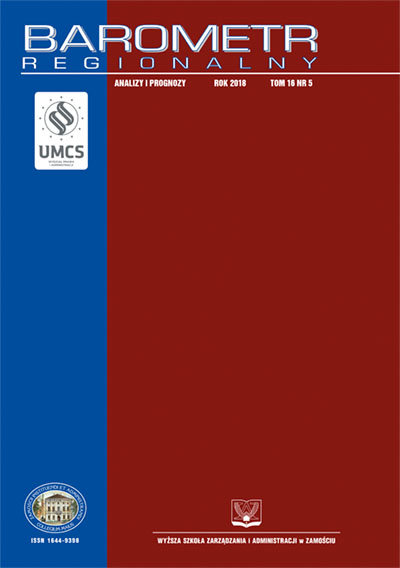Obrót materialnym nośnikiem utworu w perspektywie prawa rzeczowego i prawa autorskiego
Trading in the Material Carrier of the Work in the Perspective of Property Law and Copyright
Author(s): Jerzy SzczotkaSubject(s): Law, Constitution, Jurisprudence, International Law, Economic policy, Government/Political systems
Published by: Wyższa Szkoła Zarządzania i Administracji w Zamościu
Keywords: ownership of a copy of the work;proprietary property rights;placing a copy of the work on the market;exhaustion of copyright;renting and lending a copy of the work;droit de suite
Summary/Abstract: The article deals with the issues of substantive turnover of a work in the perspective of property law and copyright. The carrier in question is a movable thing, which means that its turnover falls within the domain of the subject right of ownership. The owner of such an item has a “sovereign” right to transfer (dispose of) his property by selling, exchanging or donating, he can also rent or lend it freely. On the other hand, the carrier of the work has a special legal status due to author’s rights, which the legislator grants to the creator of the work (non-material good) embodied in this subject. The author has the exclusive right to all forms of distribution of the work, including also the sale, exchange and donation of the copy and transferring it to be used by rental or lending. In this situation, there is a collision of two subjective absolute rights — the right of ownership of things and copyright to an intangible property (work), whose carrier is a thing. The statutory institution of exhausting the author’s right to place a copy of the work on the market enables to avoid this collision. As a result, the first legal (with the consent of the author) sale (exchange, donation) of such a copy (book, album, photography, sculpture, painting) on the territory of the European Economic Area makes further trading with respect of such a carrier free — it does not require the subject’s authorization of copyright. However, this does not apply to rental and lending — they are still covered by the rights of the creator of the work. The exception to the rule of exhaustion is the normative institution of droit de suite, which provides the creator with the right to remuneration for the professional resale of the original copy of his work, previously legally placed on the market and covered by the consequences of exhaustion.
Journal: Barometr Regionalny. Analizy i Prognozy
- Issue Year: 16/2018
- Issue No: 5
- Page Range: 107-120
- Page Count: 14
- Language: Polish

